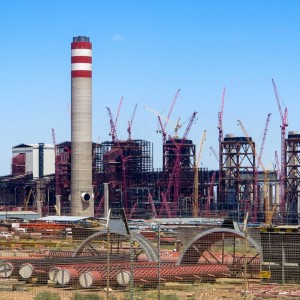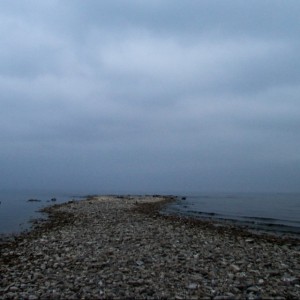The Stream, April 29: Fracking Contamination Widespread in North Dakota, Study Finds
The Global Rundown
Spills of wastewater from fracking operations in North Dakota have contaminated sites across a wide swath of the state, according to a new study. Environmental groups in the United States are raising concerns about the contamination of water supplies with the chemical PFOA. President Obama declared a disaster in the Marshall Islands due to a drought. Forecasters in Australia predict much of the country will receive above average rainfall in the next few months, alleviating a drought there. The European Commission will take Poland to court over a shale gas exploration law that it says does not adequately protect air and water supplies. A survey of underwater grasses in Chesapeake Bay suggests it is recovering from nutrient pollution.
“Known scope of contamination has gone from a regional problem to a national public health crisis that continues to widen, with no apparent end in sight.” –Leaders of the Washington, D.C.-based Environmental Working Group, in a letter to the U.S. Environmental Protection Agency raising concerns about PFOA, a chemical contaminant that is being discovered in water supplies across the country. The chemical may contribute to cancer, but is currently believed to be harmful only at high levels. (Time)
By The Numbers
70 percent Chance that large areas of Australia will have higher than average rainfall over the next three months, providing some relief from an El Nino-linked drought. Reuters
1/4 Amount of normal rainfall the Marshall Islands received between November and February, prompting U.S. President Obama to declare a disaster there this week. Guardian
36,800 hectares Area of Chesapeake Bay covered by underwater grasses in 2015, according to the results of an annual survey. The growing area is a good sign for the health of the bay, which has suffered from nutrient pollution. The Baltimore Sun
Science, Studies, and Reports
Thousands of spills of brine water from fracking operations over the past decade have contaminated water and soil across a large area of North Dakota, according to a study published this week by researchers at Duke University. The contamination could persist for years because it does not break down easily in the environment, the study found. Bismarck Tribune
On The Radar
The European Commission is challenging a law in Poland that it claims does not offer adequate protections for water, air, and biodiversity during shale gas exploration activities. Polish law only requires impact assessments for operations that drill deeper than 5,000 meters, while European Union law requires assessments at depths greater than 1,000 meters. Reuters
A news correspondent for Circle of Blue based out of Hawaii. She writes The Stream, Circle of Blue’s daily digest of international water news trends. Her interests include food security, ecology and the Great Lakes.
Contact Codi Kozacek





Leave a Reply
Want to join the discussion?Feel free to contribute!